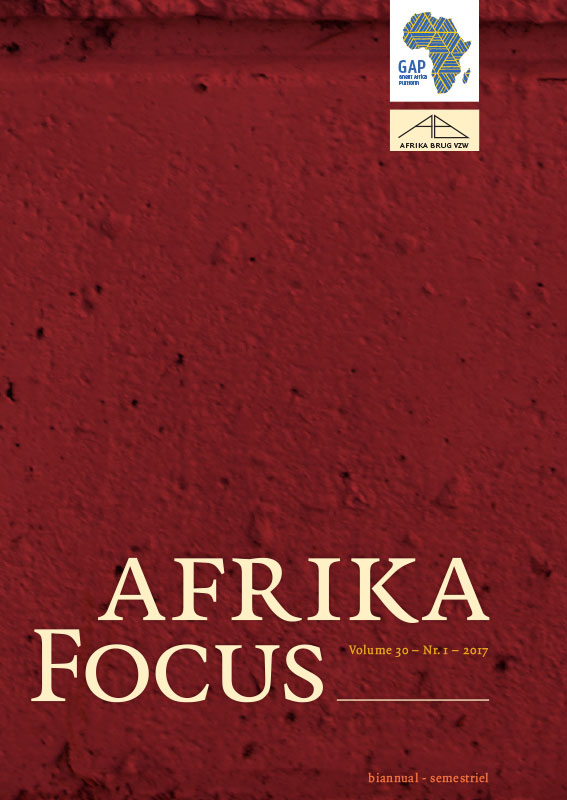L’analyse de l’ordonnance n°15/081 du 29 octobre 2015 portant nomination des commissaires spéciaux et des commissaires spéciaux adjoints chargés d’administrer les nouvelles provinces en République Démocratique du Congo
DOI:
https://doi.org/10.21825/af.v30i1.4981Abstract
The Constitution of the Democratic Republic of Congo, approved by the Congolese population through the referendum which took place on 18 and 19 December 2005, highlights, especially in its second paragraph, that the will that animated the primary sovereign to establish in the heart of Africa, the rule of law, and a powerful and prosperous nation founded on a genuine commitment to political democracy [...].” Furthermore, the Constitution forwards the notion of decentralization with, as a result, the free administration of provinces. But it also specifies the division of ter- ritory which increases the number of provinces from 11 to 26. Each of these provinces will have a legal character. On Thursday, October 29, 2015, by presidential order, Joseph Kabila appointed special commissioners and their assistants to lead the new provinces according to the last territorial reform. This individual administrative act divides the Congolese population. For some, this appointment is in line with the Constitution, while for others, it is an outright violation of the “law of laws.” This article has two main goals: firstly, it examines the controversial presidential Order with respect to the Constitution that was applied in the Democratic Republic of Congo and the principle of the rule of law. Secondly, this article suggests a number of political consequences that could result from the analysis presented here. Key words: public law, constitutional law, constitution, constitutionalism, rule of law, decentralization and the free administration of provincesDownloads
Published
How to Cite
Issue
Section
License
Authors who publish with this journal agree to the following terms
Authors retain copyright and grant the journal right of first publication with the work simultaneously licensed under a Creative Commons Attribution License that allows others to share the work with an acknowledgement of the work's authorship and initial publication in this journal.
Authors are able to enter into separate, additional contractual arrangements for the non-exclusive distribution of the journal's published version of the work (e.g., post it to an institutional repository or publish it in a book), with an acknowledgement of its initial publication in this journal.
Authors are permitted and encouraged to post their work online (e.g., in institutional repositories or on their website) prior to and during the submission process, as it can lead to productive exchanges, as well as earlier and greater citation of published work (See The Effect of Open Access).


